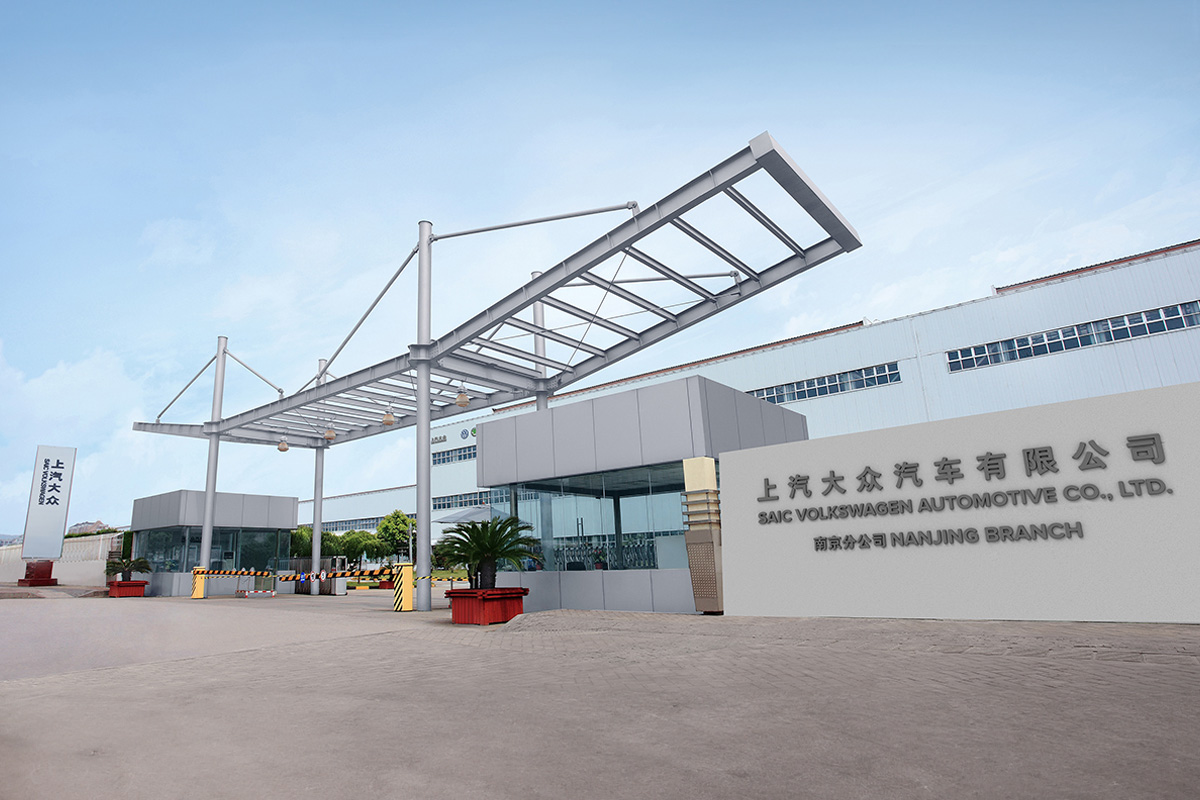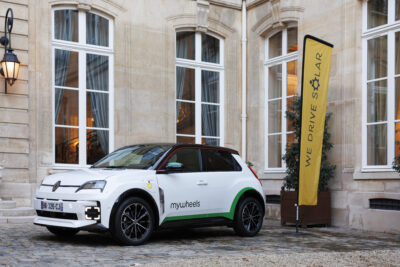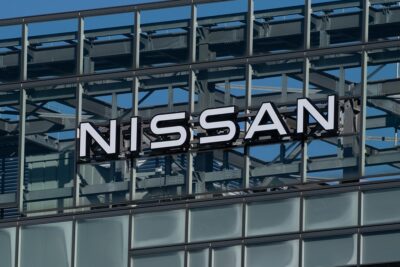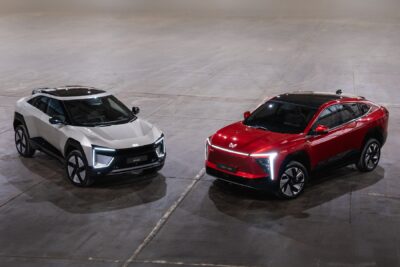VW and SAIC extend partnership and electric portfolio
The new agreement is intended to strenghten “the SAIC Volkswagen joint venture with consistent strategic initiatives in the areas of product portfolio, production, and decarbonization,” VW Group writes. The partners’ common goal is “leading market position for SAIC Volkswagen with the Volkswagen Passenger Cars and Audi brands in the era of intelligent, fully connected electric vehicles.”
That the original joint venture agreement with a term until 2030 has already been extended is not unusual and has a simple background: the multi-year planning cycles of new products and the associated investments require planning security, which is why such basic agreements are usually extended several years before the end date – or not.
However, VW and SAIC have agreed on a new partnership. Within this framework, they will launch a total of 18 new models by 2030. “In light of the dynamic market development, the joint venture partners are particularly focusing on an accelerated electrification strategy. This includes eight new electric models,” says VW. Specifically mentioned are two BEV models that will celebrate their market launch in 2026. These will be based on the jointly developed CMP – which VW no longer refers to as the ‘China Main Platform’ but as the ‘Compact Main Platform.’ Either way, the CMP is set to make its debut with a state-of-the-art zonal electric architecture that will be used in the Group for the first time.
In addition to the battery electric cars, the “still highly profitable internal combustion engine offering” will be expanded with three plug-in hybrids by 2026 – two BEVs and three PHEVs were already announced in the summer. What is new, however, is that there will also be two range extender variants. This type of drive, in which the wheels are always electrically powered and a small combustion engine on board is only used as a generator, has become somewhat popular in China in recent months. Recently, some manufacturers who previously focussed on battery electric cars have expanded their portfolio to include ‘Extended Range Electric Vehicles’ (EREV). However, VW has not yet provided any details about these vehicles or under which brand they will be offered.
In addition to the drive portfolio, changes to factories are also in the cards. Existing production capacities for combustion engines will be ‘”radually reduced.” Some plants will be “converted to produce electric vehicles based on customer demand,” while “alternative economic solutions will be examined in individual cases” – i.e. probably a sale or closure. That has already happened at the controversial Urumqi site in the Uyghur region – but not for political reasons: “Due to economic reasons, the site has now been sold by the joint venture as part of the realignment. The same applies to the test tracks in Turpan and Anting.” Until now, the Nanjing plant, in particular, was considered on the brink of closure.
Thirdly, in addition to the new models and plants, the two partners have agreed “ambitious decarbonization goals for sustainability,” according to Volkswagen. SAIC-VW will reduce CO2 emissions by 25 per cent by 2030 compared to 2018.
“With this long-term contract extension, we underline the importance of this collaboration and the significance of the Chinese market for the Volkswagen Group. We are accelerating the transformation of SAIC Volkswagen in line with our ‘In China, for China’ strategy on all levels, bringing a new generation of electrified vehicles onto the road by 2026, and thus making our partnership economically and technologically future proof,” says Ralf Brandstätter, Member of the Board of Management of Volkswagen AG for China.
“China is a driver of innovation for autonomous driving and electric mobility. With the new agreement, we are intensifying our integration into the Chinese ecosystem and consistently leveraging local innovation strength. This also creates a strategic competitive advantage for the Volkswagen Group worldwide.”
“The focus for SAIC Volkswagen is on the development of new, intelligent electric vehicles in order to maintain an industry-leading position in the field of smart technologies,’ added Wang Xiaoqiu, Chairman of the Board of SAIC Motor. The decisive factors here are consistent customer orientation, quality management and the use of our own innovative strength. We will break new ground with ‘China Speed’.”





0 Comments